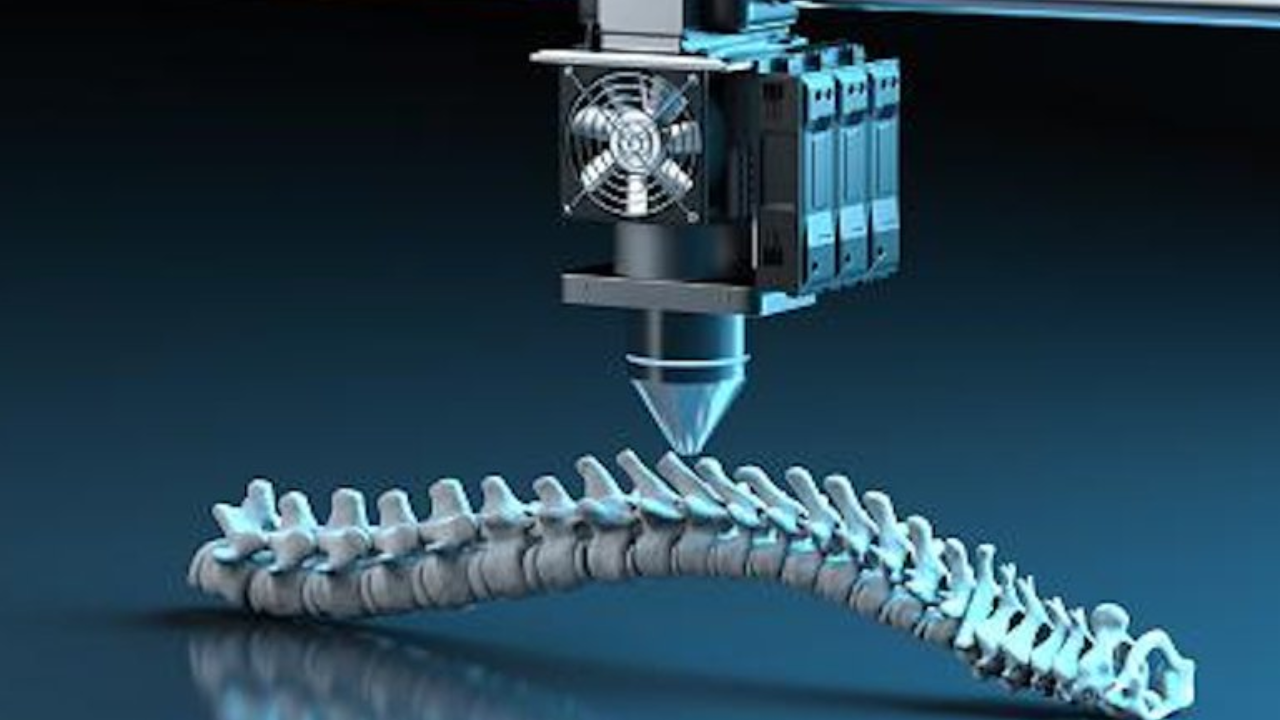Kayleigh shares articles on Society blog. She also blogs about her experiences in the workforce and how she set out to find a career she loved, which led her to work with an ethical employer. maemae believes that life is too short not to enjoy your job, and that there's no shame in pursuing a career you love!

One such technology that has gained prominence is medical prototyping. Medical prototyping holds immense potential, but it is not without challenges. Regulatory compliance, material selection, and the need for standardized testing protocols are among the hurdles that developers must navigate.
Looking ahead, the future of Medical Prototyping holds exciting possibilities. Advances in 3D printing, fabrication, and virtual prototyping technologies are expected to further enhance the precision and capabilities of medical prototypes. The ongoing collaboration between medical professionals, engineers, and designers will continue to drive innovation in healthcare.
Defining Medical Prototyping
Medical prototyping refers to creating physical prototypes or models of medical devices, equipment, or components for testing, validation, and refinement. This iterative approach allows healthcare professionals, engineers, and designers to assess the functionality, ergonomics, and efficiency of a medical product before it reaches the final production stage.
Medical Device Development:
Medical prototyping plays a pivotal role in the development of various medical devices, ranging from simple instruments to complex diagnostic equipment. Prototypes allow designers to evaluate the device’s form and function, ensuring it meets the specific needs of healthcare professionals and patients.
Prosthetics and Orthotics:
The field of prosthetics and orthotics benefits significantly from medical prototyping. Customized prosthetic limbs and orthopedic devices can be fine-tuned through prototyping, ensuring a precise fit and optimal functionality for individual patients.
Biomedical Imaging Devices:
Prototyping is crucial in the development of advanced biomedical imaging devices such as MRI machines, CT scanners, and ultrasound equipment. This process enables engineers to refine the imaging capabilities, ergonomic design, and overall performance of these critical medical tools.
Drug Delivery Systems:
The design and development of novel drug delivery systems, including wearable devices and smart drug dispensers, involve extensive prototyping. This ensures that the devices are user-friendly, accurate, and capable of delivering medications in a controlled manner.
Surgical Instruments:
Prototyping proves invaluable in refining the design and functionality of surgical instruments. Surgeons and medical professionals can provide feedback on prototypes, leading to the development of instruments that enhance precision and reduce invasiveness in surgical procedures.
Rapid Iteration and Refinement:
Medical prototyping allows for quick iterations and refinements in the design and functionality of medical devices. This iterative process accelerates the development timeline, bringing innovative solutions to market faster.
Cost-Effective Development:
Identifying and addressing design flaws early in the development process through prototyping can save significant costs associated with redesign and manufacturing. It minimizes the risk of producing faulty or impractical medical devices.
User Feedback Integration:
Involving healthcare professionals and end-users in the prototyping phase ensures that the final product meets their needs and expectations. This user-centric approach enhances the usability and effectiveness of medical devices.
Customization and Personalization:
Medical prototyping facilitates the customization and personalization of healthcare solutions. Devices can be tailored to individual patient needs, promoting better treatment outcomes and patient satisfaction.
Risk Alleviation:
Prototyping allows for thorough testing and evaluation of the safety and efficacy of medical devices. Identifying and mitigating potential risks early in the development process enhances the overall safety profile of the final product.
Advancing Patient Care:
The integration of medical prototyping has led to the development of innovative medical devices and solutions that significantly advance patient care. The impact on healthcare outcomes is substantial from wearable health monitoring devices to patient-specific implants.
Enhancing Surgical Precision:
Surgical procedures benefit from the precision achieved through prototyped instruments and tools. Surgeons can practice and refine techniques using prototypes, leading to improved precision, reduced invasiveness, and shorter recovery times for patients.
Fostering Innovation:
Medical prototyping fosters a culture of innovation in healthcare. It encourages researchers and developers to explore new ideas, pushing the boundaries of what is possible in terms of diagnostics, treatment, and patient care.
Accelerating Research and Development:
The rapid iteration facilitated by medical prototyping accelerates the overall research and development process. This speed-to-market advantage is particularly crucial in addressing urgent healthcare needs and responding to emerging medical challenges.
Empowering Patients:
Customized and personalized healthcare solutions, made possible through medical prototyping, empower patients to participate in their treatment actively. From 3D-printed prosthetics to personalized drug delivery devices, patients benefit from tailored solutions that enhance their quality of life.
Conclusion
Medical prototyping stands at the forefront of healthcare innovation, offering a dynamic and iterative approach to the development of medical devices and solutions. From improving surgical precision to customizing patient care, the impact of medical prototyping is profound. As technology continues to advance, the collaboration between healthcare professionals and innovators in the field of medical prototyping promises a future where personalized, efficient, and cutting-edge healthcare solutions become the standard rather than the exception.
